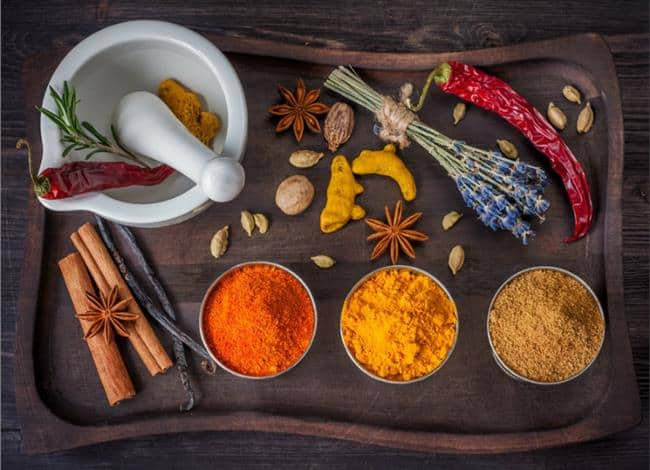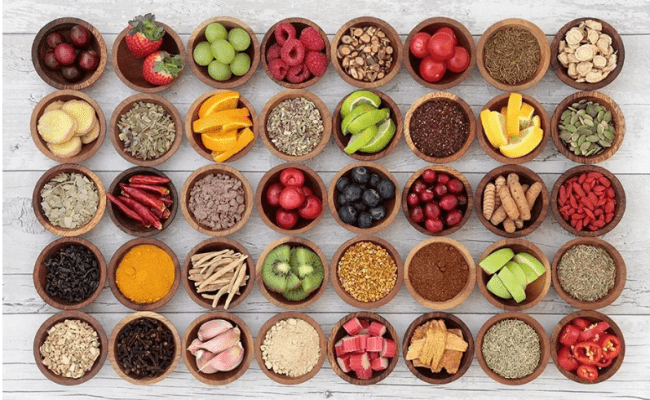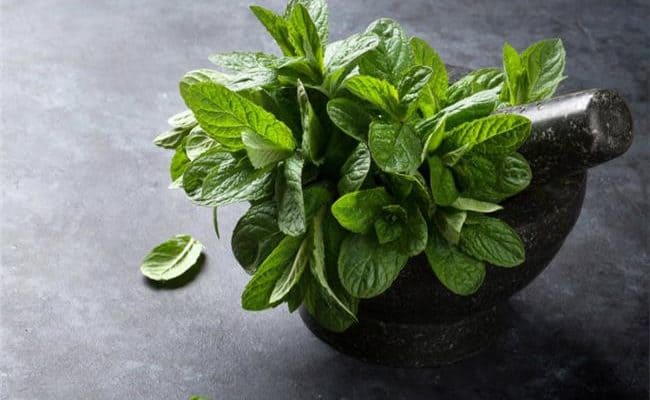
According to a 2013 report on consumer the majority of Americans said they find spicy foods appealing. This has been the first time spicy food appeal has risen above 50%, and the majority of people who are really going after spicy food are the millennials, aged 18-34 years old. Is the growth of spicy food appeal just for the taste buds or could eating spicy foods have any other health benefits?
Research suggests spicy food offers more than just burning your taste buds. Eating spicy food has been associated with lowered mortality risk, may help boost calorie burn and lowering your appetite.
Peppers and spices are also a natural source of antioxidants and may have some anti-inflammatory benefits. Before you start dosing food with any commercial hot sauce, keep in mind some hot sauces use a lot of artificial ingredients and can be high in sodium.
Can spicy food help you live longer?
A 2015 study (1) looked at the food intake of over 500,000 Chinese men and women for about 7 years. Researchers found that people who ate spicy food 6-7 days a week had 14% lower mortality rate than people who ate spicy food about once per week.
This association was seen independent of other risks for death. The inverse association between eating spicy food and risk of death was stronger in people who did not drink alcohol.
What researchers are unclear of is if the lowered risk for death with eating spicy food regularly is from other lifestyle factors. For example, maybe people who eat spicy food regularly also eat more fruits and vegetables or maybe their total quantity of food intake is less than people who don’t eat spicy food.
More research is needed on the effects of spicy food and longevity, but this study suggests there may be a protective association with eating spicy food and lowering risk for death.
Boost metabolism
Some research has suggested eating spicy food, specifically from red peppers, can increase metabolism. The down side from this research was that the dose was pretty high at 10 grams of red pepper per meal.
A 2011 study (2) analyzed the effect of a more reasonable dose 1 gram of red pepper had on metabolism in people who were used to eating spicy foods and those who weren’t.
Researchers found both groups of eaters has higher energy expenditure and core temperature after eating a spicy meal with 1 gram of red pepper compared to eating the same meal with no spice added.
This suggests eating spicy foods may kick up your metabolism a little, but this doesn’t give you the license to eat whatever and however much you want. Eating spicy food won’t magically rev up your metabolism to the point where you are burning extra hundreds of calories that will offset excess energy intake.
Lower appetite
From the 2011 study, researchers also found that people who ate the meal with added 1 gram of red pepper who don’t normally eat spicy food had a significantly lowered appetite and craving for food after eating the spicy meal.
However, when the group of people used to eating spicy food had the test meal with the 1 gram of red pepper, they did not have a lowered appetite or craving for other foods.
Therefore, it would appear that if you are used to eating spicy foods, appetite regulation from the spiciness can lose its affect. If you’re not used to eating spicy foods, eating them sporadically may help lower appetite afterwards.
Rich in antioxidants
Spices and peppers are a rich source of antioxidants (3). Eating a diet high in natural antioxidants, like from fruits and vegetables, is associated with lowering risk for many chronic diseases. Cleveland Clinic (4) recommends adding herbs and spices to your diet to also help lower inflammation.
Many chronic diseases are associated with increased inflammation in the body, so getting natural sources that are anti-inflammatory from the diet can be beneficial.
Even if you don’t like really spicy food, add in more mild spices like cloves, ginger, garlic or turmeric. These spices may not be as spicy, but they still provide a high amount of antioxidants.
Spicy food and ulcers
Spicy food can have a reputation for being hard on your digestive tract and is sometimes associated with increasing risk for stomach ulcers. However, a main component of hot chilies called capsaicin may actually help protect against ulcer formation by fighting the ulcer promoting bacteria H. pylori and lowering stomach acidity when it is being digested (5).
If you have a stomach ulcer, lowering your acidity in your stomach can help the ulcer heal.
If you have an ulcer, speak with a physician before starting to eat spicy food, as there is a wide individual variance for the tolerance of spicy food while you have an ulcer. Eating spicy food won’t promote ulcer formation, but it may help or hinder an ulcer that is already there. Spicy food may be unsettling to people’s digestive tracts because of other ingredients or additives in prepared spicy food.
Watch the sodium and preservatives
Foods that are spicy from natural chilies, peppers or other spices can offer health benefits such as provide a source of antioxidants, boost metabolism and may lower appetite. However, not all spicy food could be considered health food. Just because hot sauce is added to fast food or processed meats does not increase their nutritional value.
Commercially produced spicy food, or some hot sauces, could be cheaply made with a heavy amount of sodium and preservatives and a far cry from a natural pepper or chili.
Conclusion
Spicy foods are not only pleasant for the taste, the peppers, chilies and spices are a rich source of antioxidants. Some research suggests chronic eating of spicy food is associated with lowering risk for death, but chronic eating of spicy food can also lose the effect of lowering appetite after eating spice.
People who sporadically eat spicy foods are more likely to have a lowered appetite after eating a spicy meal than people who eat it all the time.
Spicy foods can increase metabolic rate after eating, but this shouldn’t imply anything with spice or hot sauce is “healthy”.










